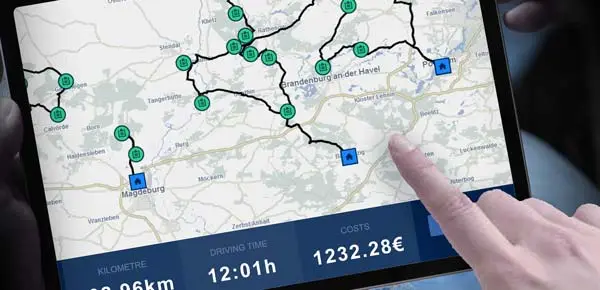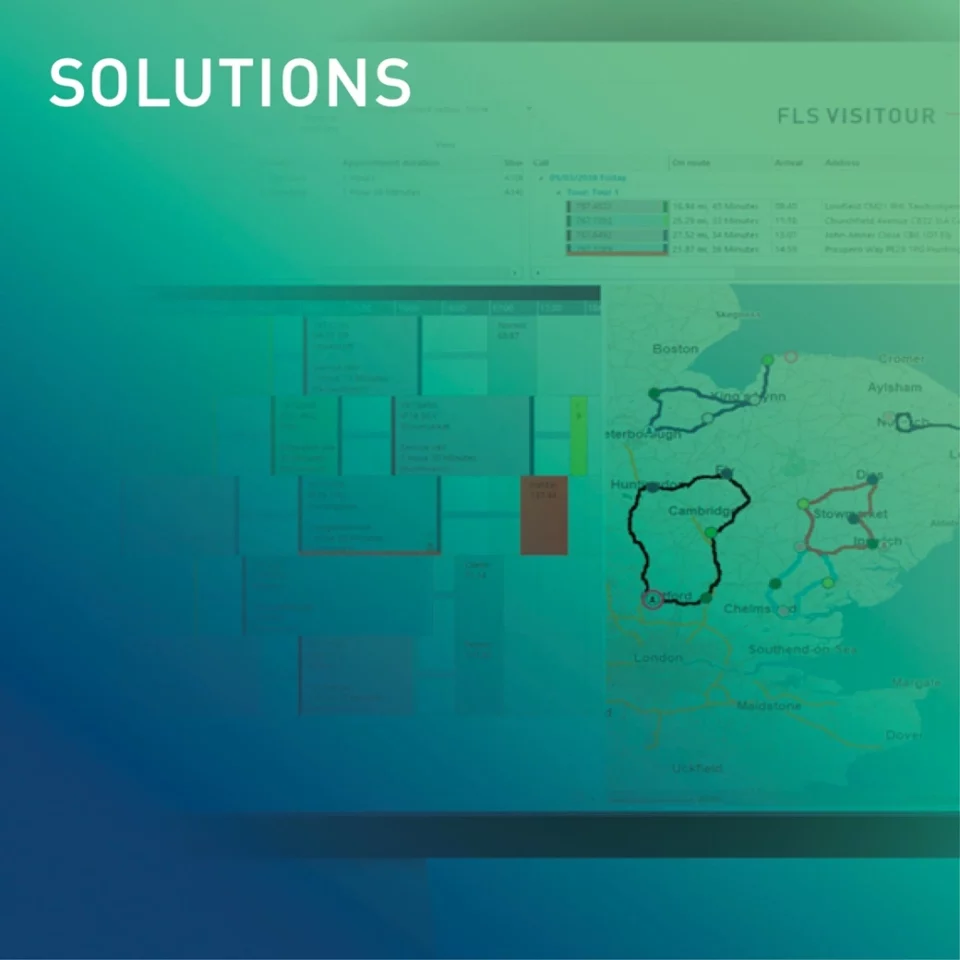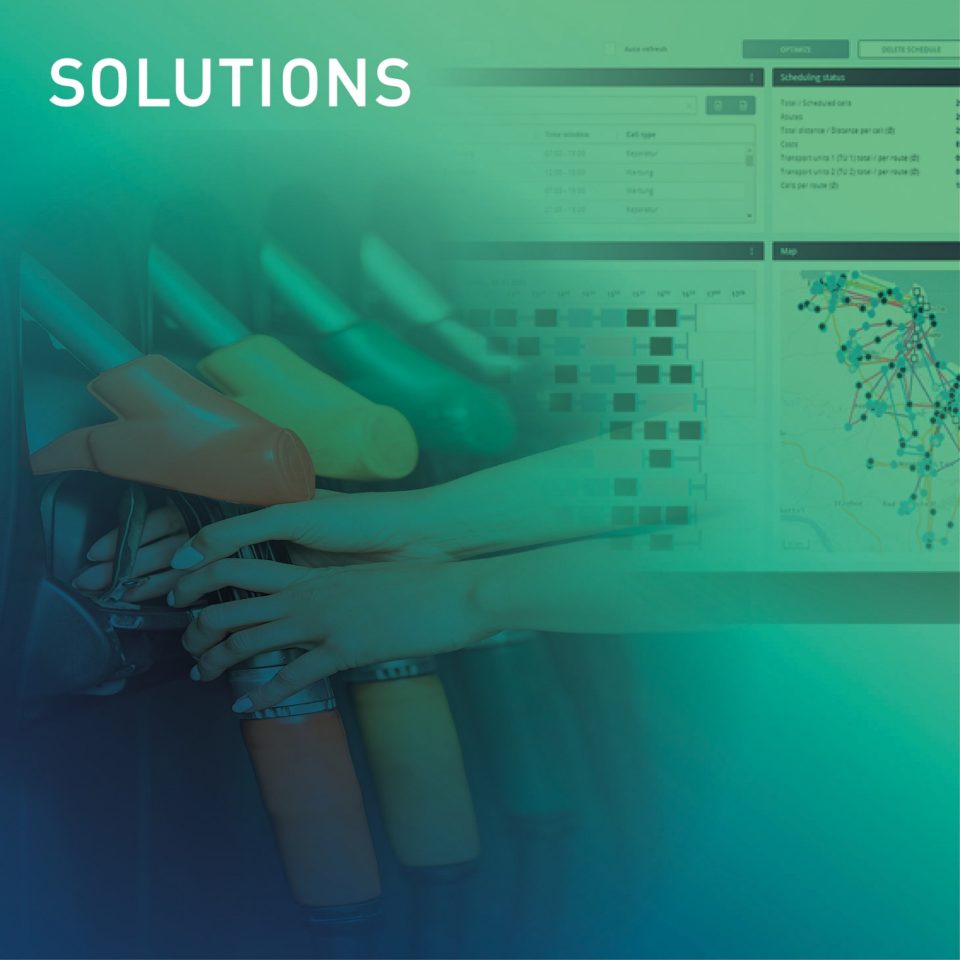
BLOG / SOLUTIONS · TECHNICAL FIELD SERVICES
TECHNICAL FIELD SERVICES: HOW TO IMPROVE YOUR PROCESSES
20 July 2023 · James Alex Waldron
TECHNICAL FIELD SERVICES: MODERN CHALLENGES
Anyone who works in the world of technical field services knows that this comes with its own set of challenges. Servicing work orders with appointments, skills, and routing capacity must be accurately planned and coordinated. This against an environment where every customer is different. The key to improving service processes is recognising the challenges and knowing the right starting points for improvement. Some of the typical challenges that service managers with field operations face:- Coordination and planning: One of the main aspects of field service is the effective planning and coordination of technician assignments. Without field service management, delays and inefficient use of resources occur, which ultimately has a negative impact on customer satisfaction.
- Communication and information: Communication between the office and the field is often a challenge. Information must be communicated in a timely and accurate manner to ensure efficient task execution.
- High responsiveness: Customers today expect fast and on-demand service. This means that field service teams must be able to respond to emergencies and unexpected situations in real time.
- Data Management: Technical field service generates a wealth of data, from customer data to the current status of orders. Managing this data effectively can be challenging, but is critical to improving service processes.
- Field technician engagement and satisfaction: Working in the field can be physically and mentally demanding. Service managers must ensure that employee satisfaction and retention are high.
TECHNICAL FIELD SERVICES: IMPORTANT ASPECTS TO IMPROVE PROCESSES
Improving service processes requires a holistic approach. It's not just about optimising individual aspects, but looking at the entire system and identifying targeted opportunities for improvement. Here are some key areas:- Everyday process optimisation: The first step is to audit your existing processes. Working with stakeholders (both internal and external) it is important to define what success looks like. Design your questions to be asked in the right place at the right time. Go in to this process without any preconception, and allow the data to identify trends that reflect inefficiency. This could be the way you assign jobs, how you share information between teams, or how you manage your resources.
- Technology use: Modern technology offers a wealth of tools and resources that are used to optimise field service processes. This can include software for order matching and routing, and also the use of data analysis tools to gain insights into the performance and efficiency of processes.
- Employee engagement: Engaged field employees are more efficient and often provide better customer service. It is important to develop strategies to motivate employees, whether through training, bonuses, or a positive corporate culture that respects their work-life balance.
- Customer Satisfaction: Ultimately, the goal of all service processes is to provide customers with excellent service. By measuring and improving customer satisfaction, you can ensure that your processes are truly aligned with your customers' needs.
HOW TECHNOLOGY CAN IMPROVE SERVICE PROCESSES
Technology plays a critical role in modernising and optimising service processes in the technical field. Here are some key ways technology can improve your service processes:- Digitisation and automation: Many aspects of the service processes such as the order management, scheduling and route planning, or reporting, can be automated. This saves head office and field service teams time and tedious effort. Automation reduces human error and allows your teams to focus on performing high-quality work, such as escalation management.
- Communication and information in real time: Technological solutions make seamless communication and access to information possible in real time. Especially if you have a cloud solution your employees can access the data from anywhere. This is critical for responding quickly to customer inquiries and emergencies, and improves the response time of the service team.
"Our preference is to have regular, familiar, field technicians to drive to their customers. Only when this is not efficient, another employee should be deployed. FLS VISITOUR provided this decision transparency".
CASE STUDY: Coffee Machine Specialist optimises field service costs and improves customer service
- Insightful data analysis: By using the data generated by the field service, you can identify patterns and trends. This helps you to further optimise your processes. Data analytics tools can provide valuable insights (management insights) to improve performance and better meet customer needs.
- Artificial intelligence and machine learning: AI and machine learning are also gradually making their way into technical field service. The new technologies can be used to analyse processes, make predictions and design personalised customer experiences. They will help analyse big data and further drive automation.
SOLUTION IN FOCUS: FLS VISITOUR TO OPTIMISE FIELD SERVICE PROCESSES
One tool for improving service processes is FLS VISITOUR.Service optimisation requires specialised solutions tailored to the specific challenges of technical field service. FLS VISITOUR is a software solution developed precisely for planning and transparency in field service.
The programme integrates advanced algorithms and artificial intelligence, to achieve optimal planning and control of service calls. Automated route planning allows for much faster planning and routes are optimised so that you can deploy your employees more efficiently and reduce costs. The system reacts to changes in real time and enables the field service to respond quickly and effectively to emergencies and unexpected situations.
FIELD SERVICE PROCESSES: SOFTWARE FOR A SUCCESSFUL FUTURE
To gain an understanding of future-ready tools to optimise the field experience across your organisation book a short discussion or contact us at info@fastleansmart.com.Read more:
How to begin Field Service Resource planning
Route planning SaaS: Software-as-a-Service or on-premise software models?
11 reasons professionalise your Route Planning
Professional Route Planning software: Are you ready?
Introducing Route Planning software into your ERP software

JAMES ALEX WALDRON
UK Marketing Manager
+44(0) 1183 800189
Send email
James Alex Waldron has worked in written communications for over 15 years. Since 2021, he has written for FLS and the Solvares Group on the topics of digital field service transformation and mobile workforce management, and regularly provides insight to the industry press.





